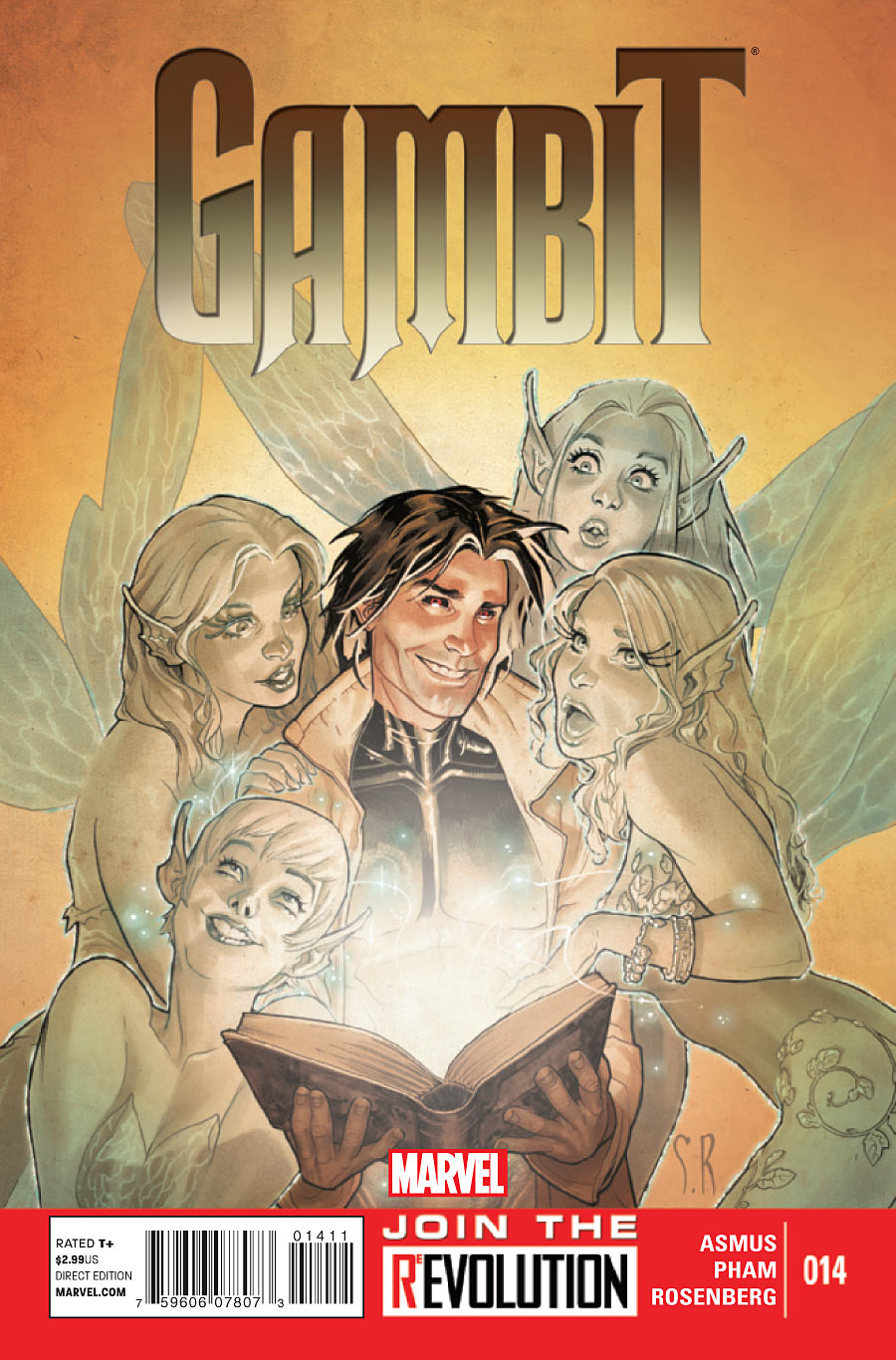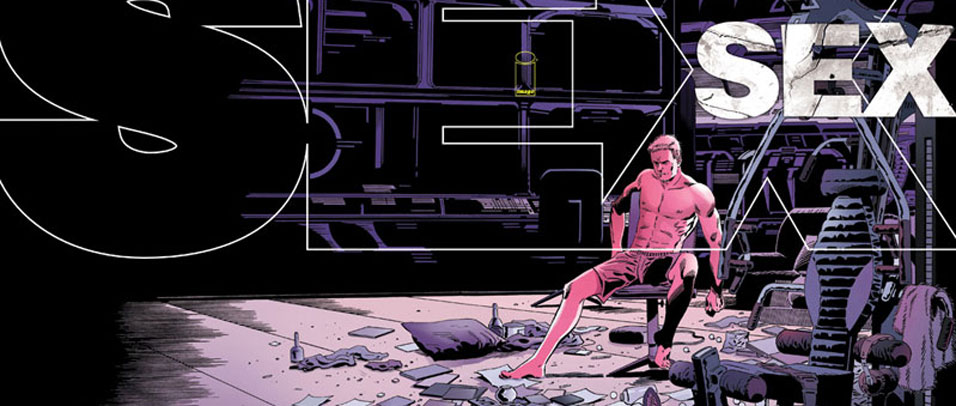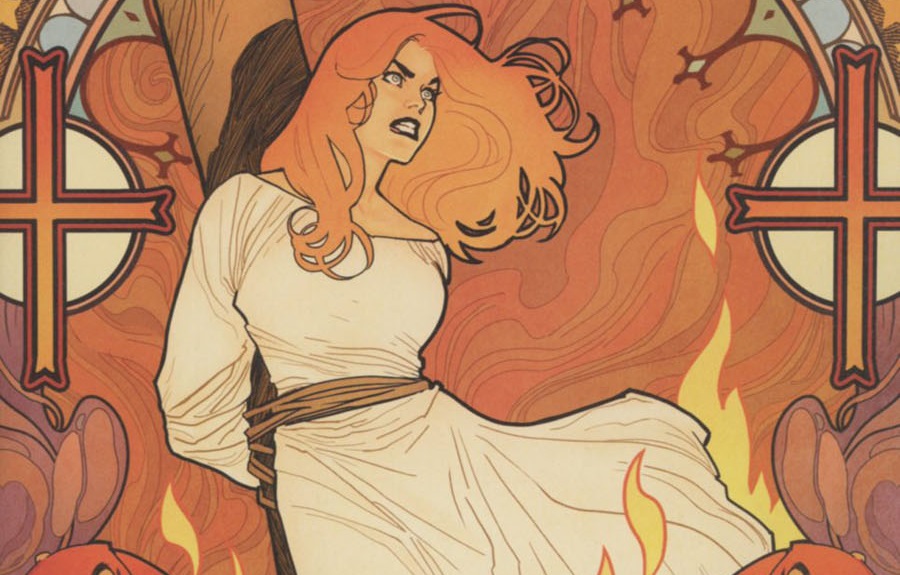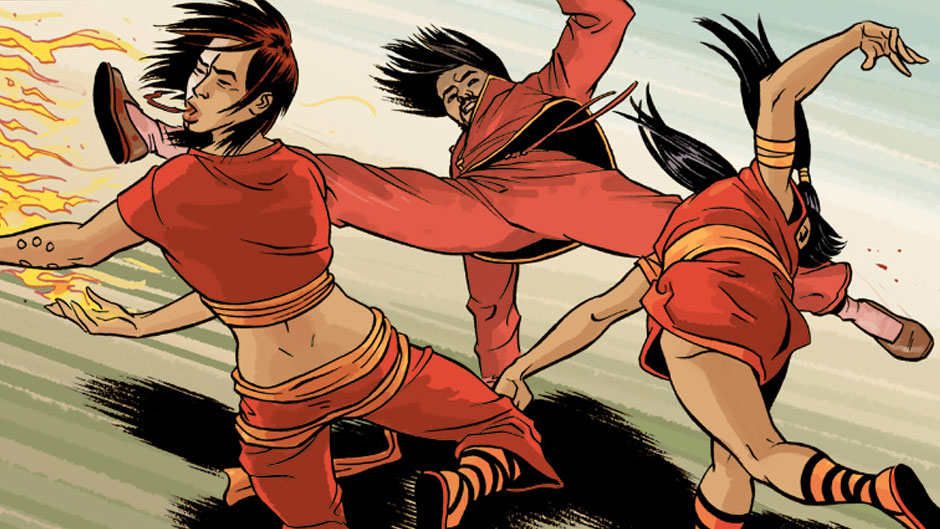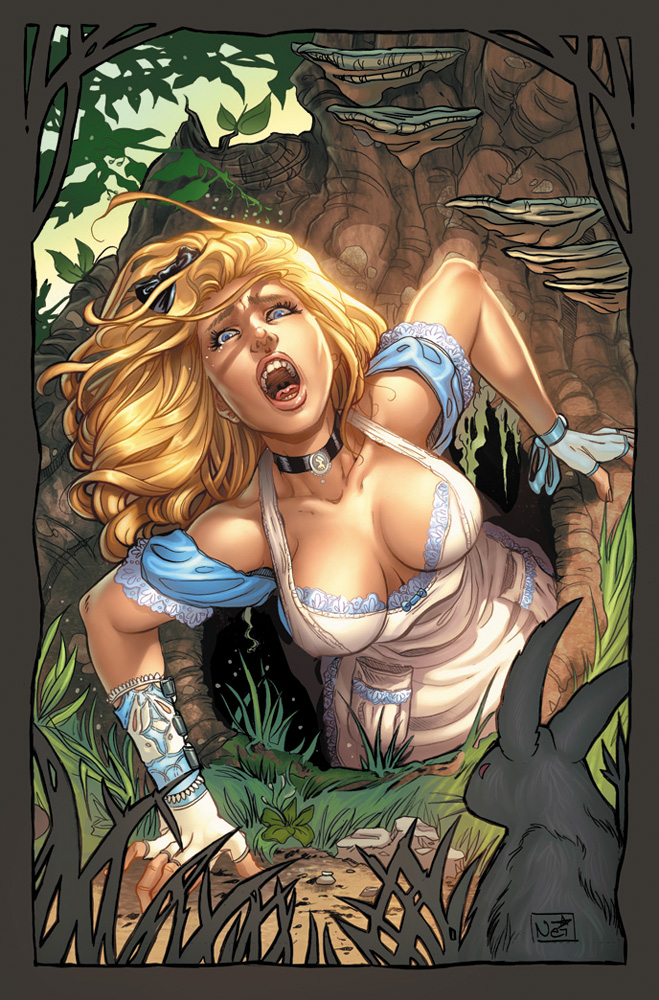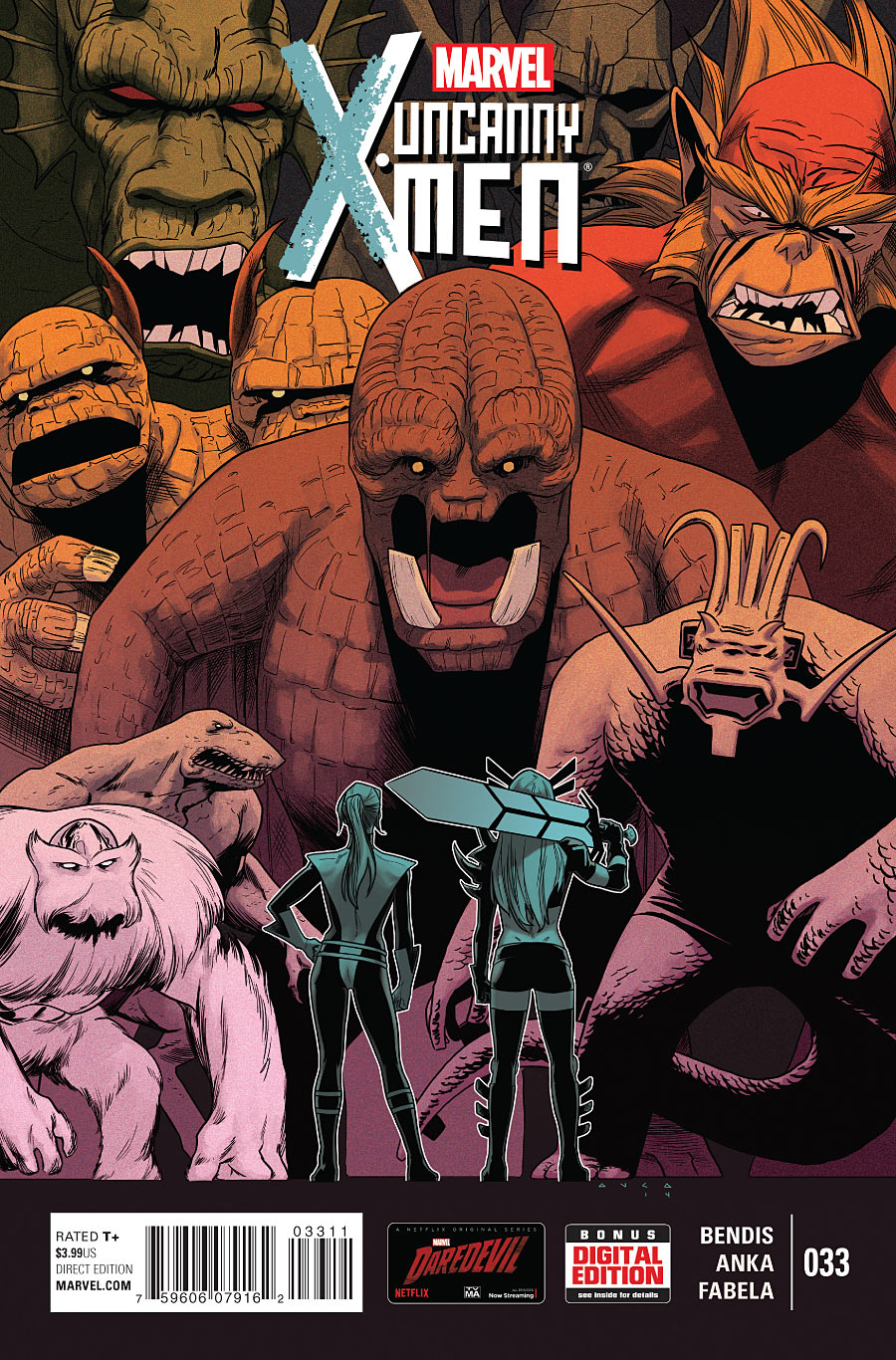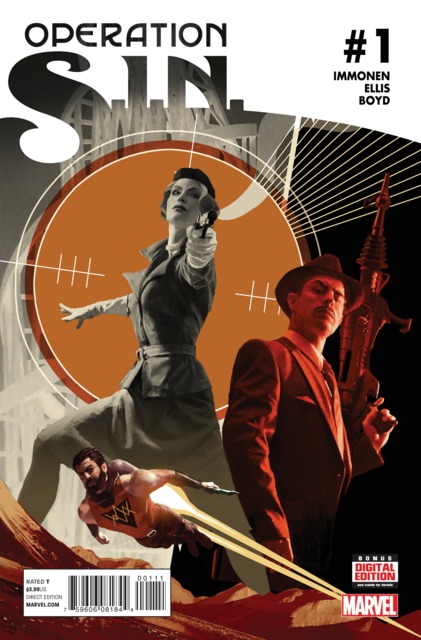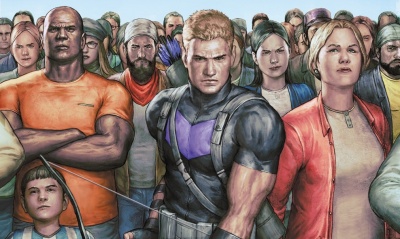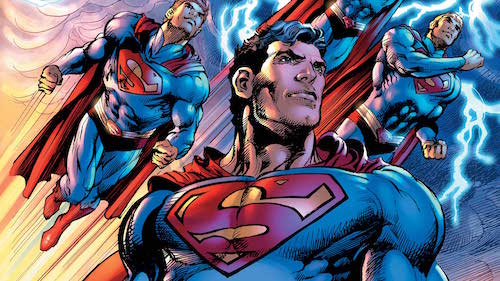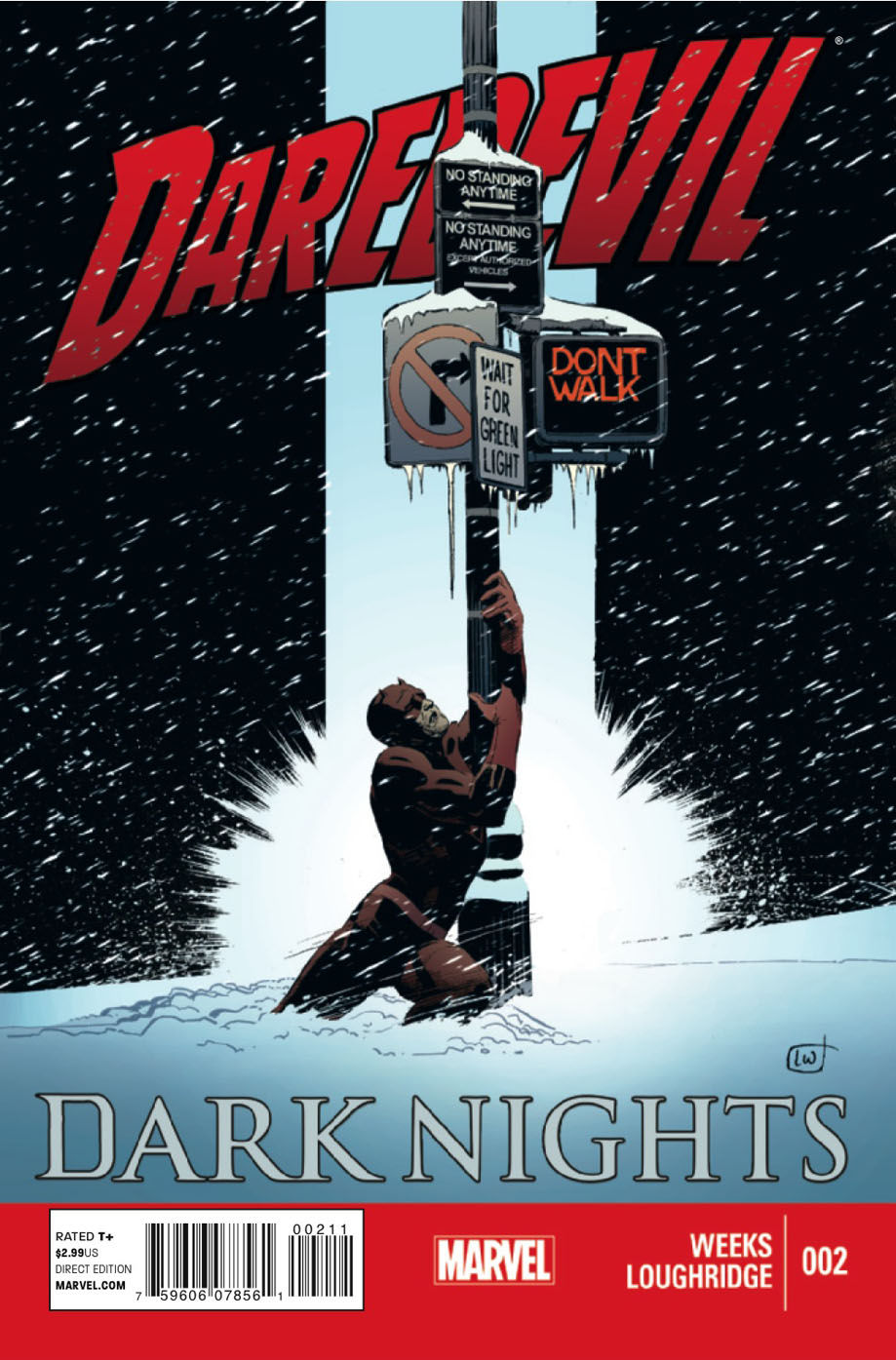
Daredevil: Dark Nights #2 (of 8)
Lee Weeks: Writer & Artist
Lee Loughridge: Color Artist
VC’s Clayton Cowles: Lettering & Production
Joey Braccino: Review
I’ve written a lot about my affinity for Bendis and Maleev’s (and subsequently, Brubaker and Lark’s) tenure on Daredevil. The collected omnibi of their character-driven urban drama that pushed Matt Murdock further and further down the rabbit hole of despair is at the center of my comics bookshelf. Last week, I had the distinct pleasure of reading the latest issue of Mark Waid’s swashbuckling interpretation of Ol’ Hornhead, and I instantly fell in love with the book. Between my collections of the mid-2000s series, the new Mark Waid volume of Daredevil, and Brian Bendis and David Mack’s Daredevil: End of Days, I thought I had all I needed out of my Hell’s Kitchen hero.
And then Marvel launched a new anthology mini-series: Daredevil: Dark Nights. Issue #1 dropped the same day Daredevil: End of Days concluded, but, just two issues in, Daredevil: Dark Nights is a very different read from that uber-gritty, nigh-dystopian “Last Daredevil Story.” Dark Nights is also very different from both Waid’s pulpy superheroic turn on the character as well as Bendis and Brubaker’s crime-drama mythos.
Issue #2 picks up where we left off: Daredevil is caught in the worst blizzard ever as he struggles against a head injury in an effort to trek across the city, locate a downed medical helicopter, and retrieve a heart meant to be transplanted into a little girl. Dropping the amnesia angle from last issue, Lee Weeks instead focuses his story on Murdock’s choice to pursue this mission and save this girl. As a result of this choice, Murdock has to essentially ignore other emergencies and citizens in danger as he struggles against his own injuries and the snowstorm. It’s a dramatic turn, and one that really speaks to the realism of Daredevil’s brand of heroism. Sure, he can hear and feel and taste and smell so fantastically well that he has a special type of radar sense and sure, he’s kind of a ninja, but the man is still blind and the man is still a lawyer and man of faith as well as Hell’s Kitchen’s protector. This duality—daytime keeper of justice with a physical handicap and nighttime keeper of the justice with billy clubs and a devil mask—is what makes Matt Murdock such a compelling character. Weeks’ short story here in Dark Nights conveys that duality succinctly and effectively.
Weeks’ distinct storytelling style—an amalgamation of the aforementioned gritty, street-wise drama and an old school, almost Bronze Age narrative—really sets Dark Nights apart from any other superhero book on the stands. Granted, Weeks’ big breakthrough in the comics industry happened in the early ‘90s (on Daredevil, of course), a period when the comics medium was well into the Modern Age, but he is certainly channeling those early, seminal Daredevil stories from Frank Miller and Klaus Janson as well as the more operatic superheroic yarns from talents like Chris Claremont, Dennis O’Neill, Len Wein, and David Michelinie. Throw in a bit of Alan Moore’s early Silver Age post-modern nostalgia and you’ve got exactly what Dark Nights provides.
Verdict
Buy. And get issue #1 as well. What Marvel has down with Dark Nights is signed several legendary talents from the comics industry to write short, two- to three-issue stories to be collected in this anthology series. Weeks’ story, “Angels Unaware,” ends next issue, and David Lapham takes over for the next tale. This story, however, is an absolutely incredible and, I would argue, an absolutely essential take on the Daredevil character. Definitely a must-read. Check it!

